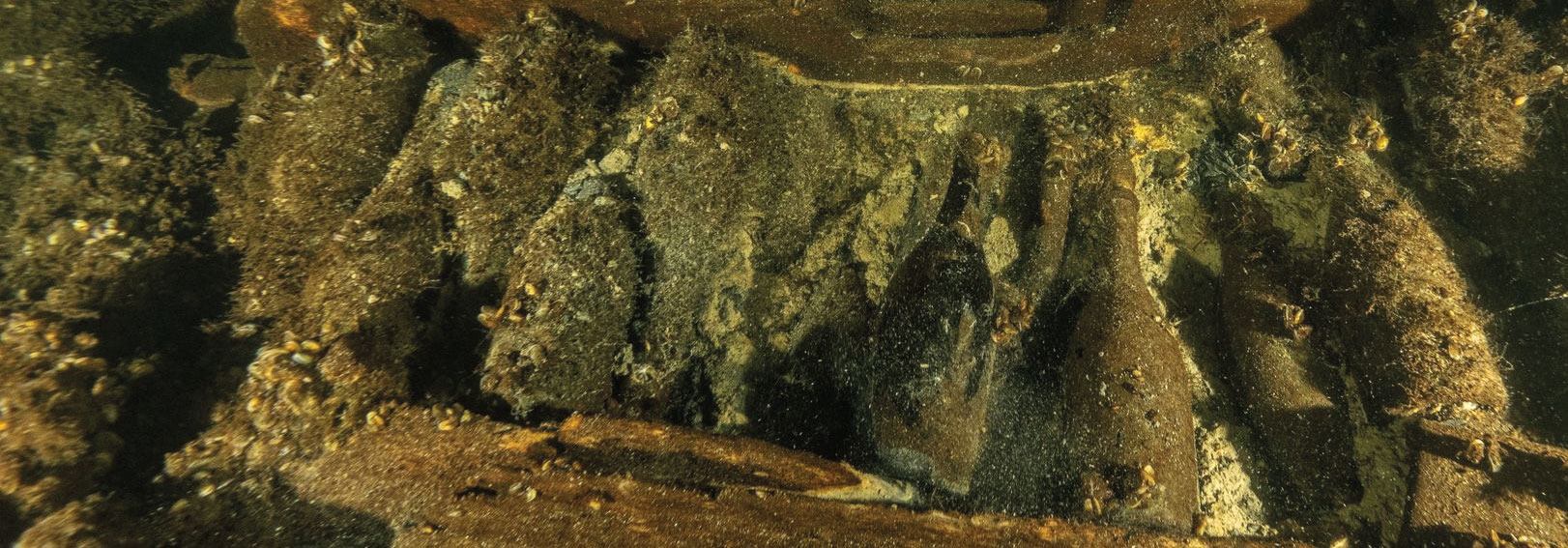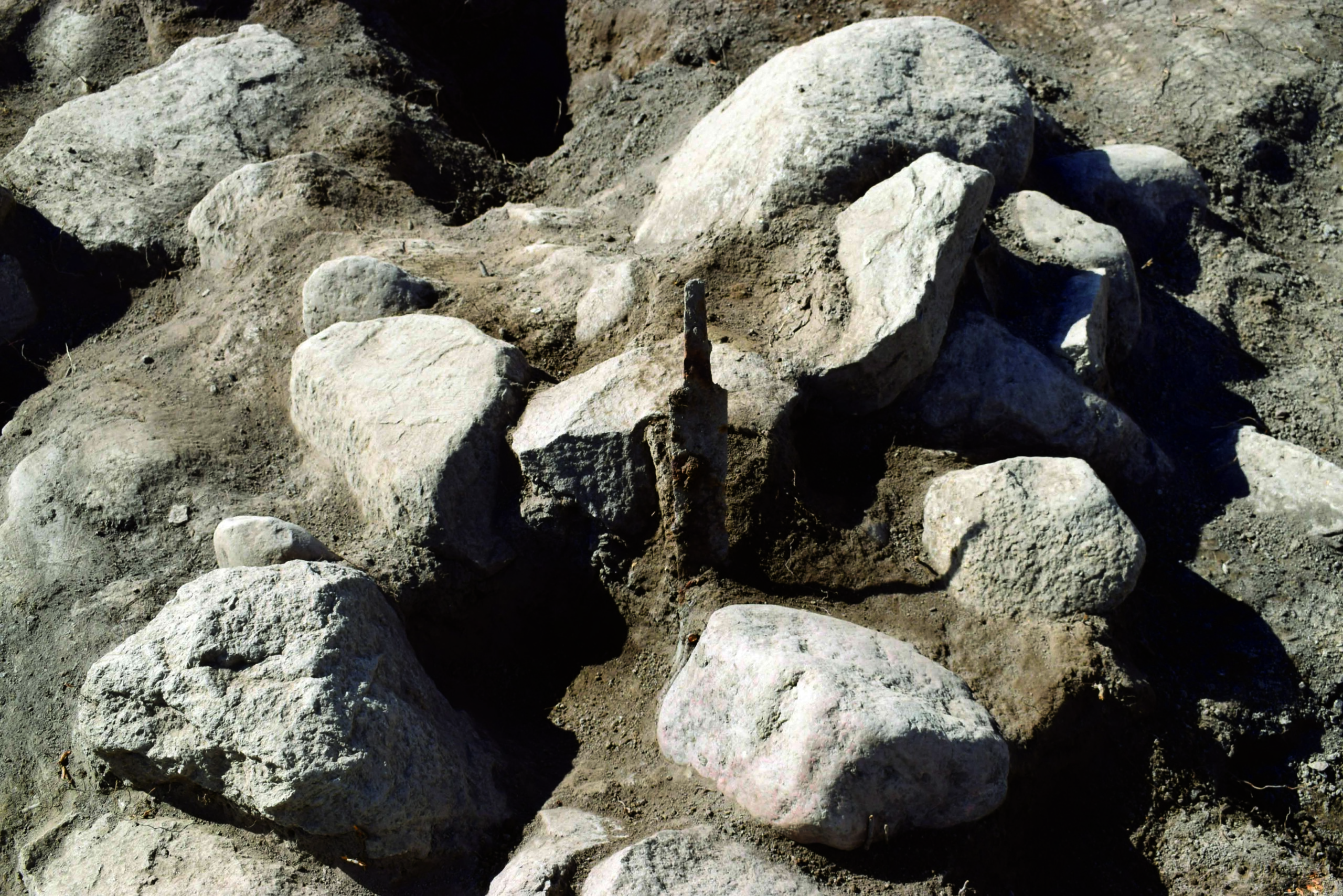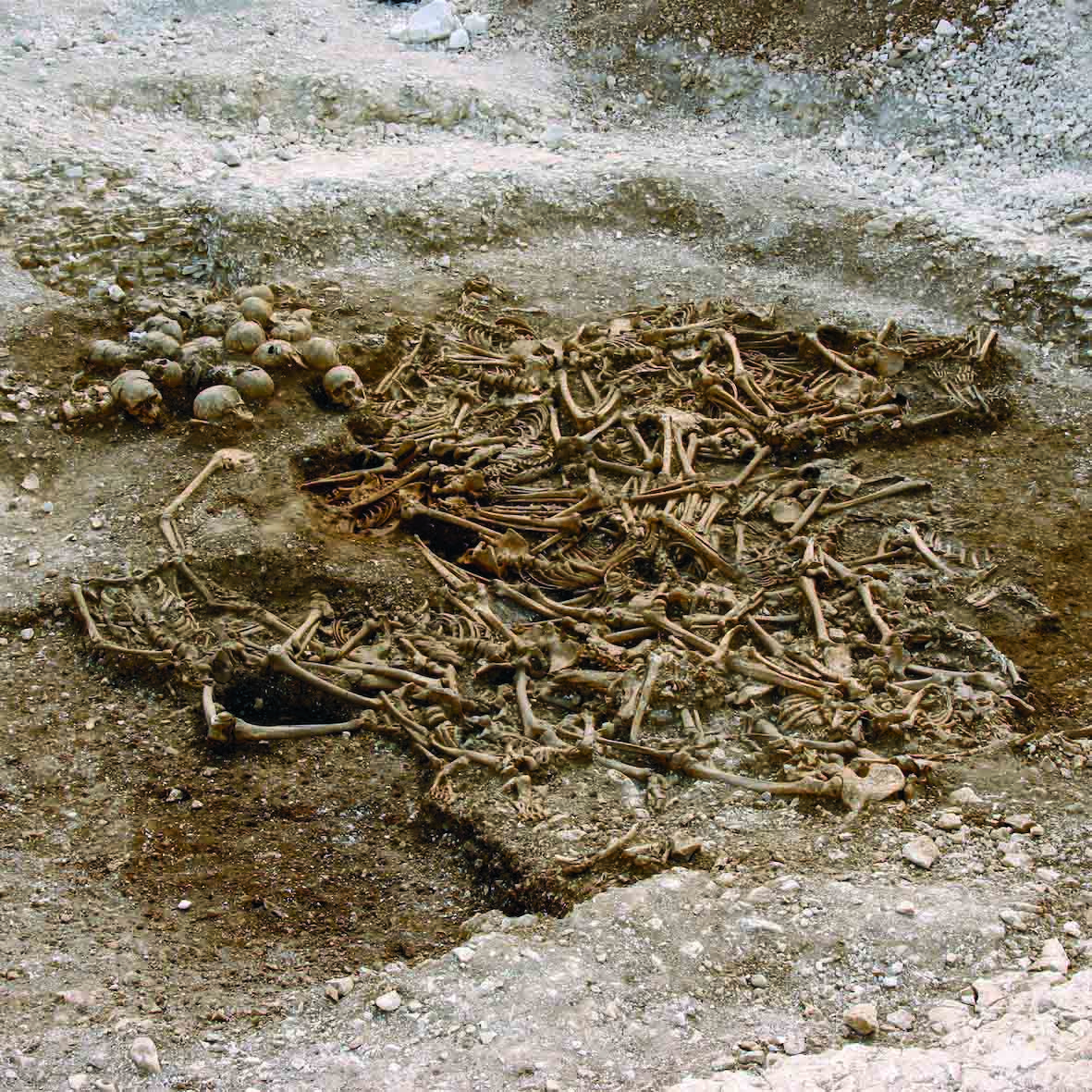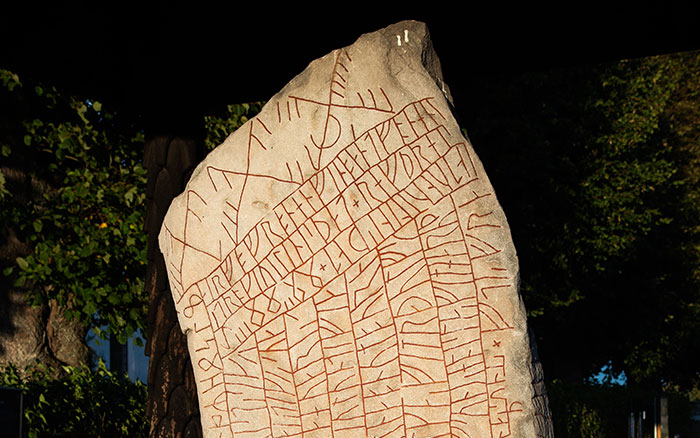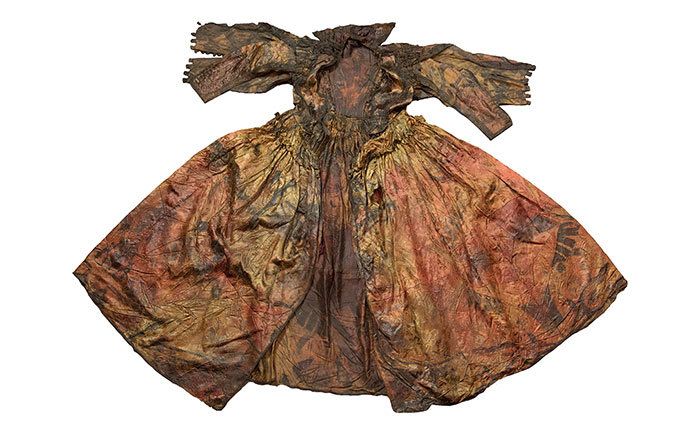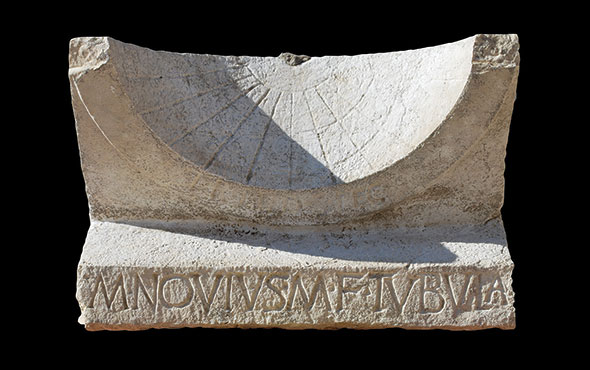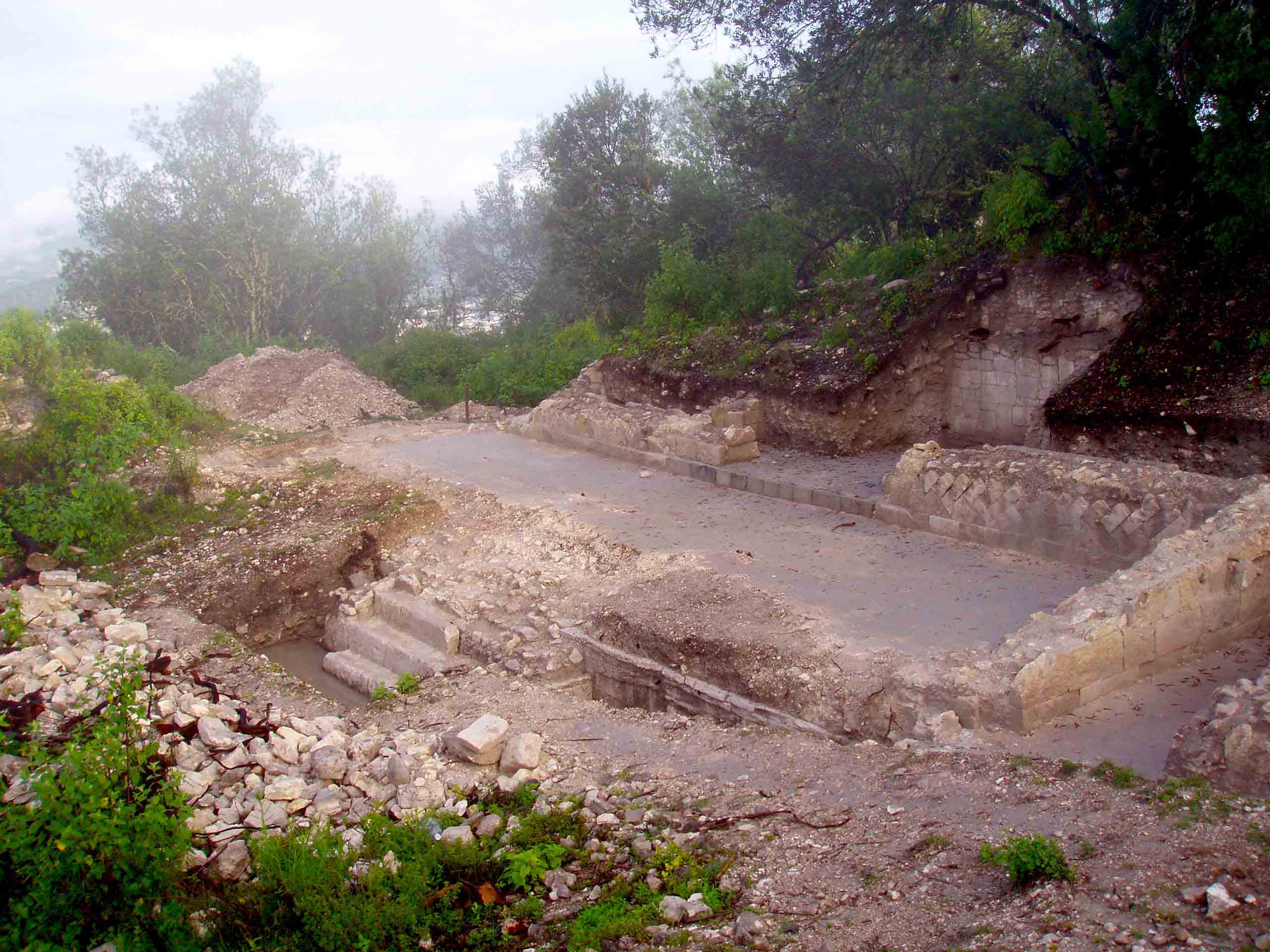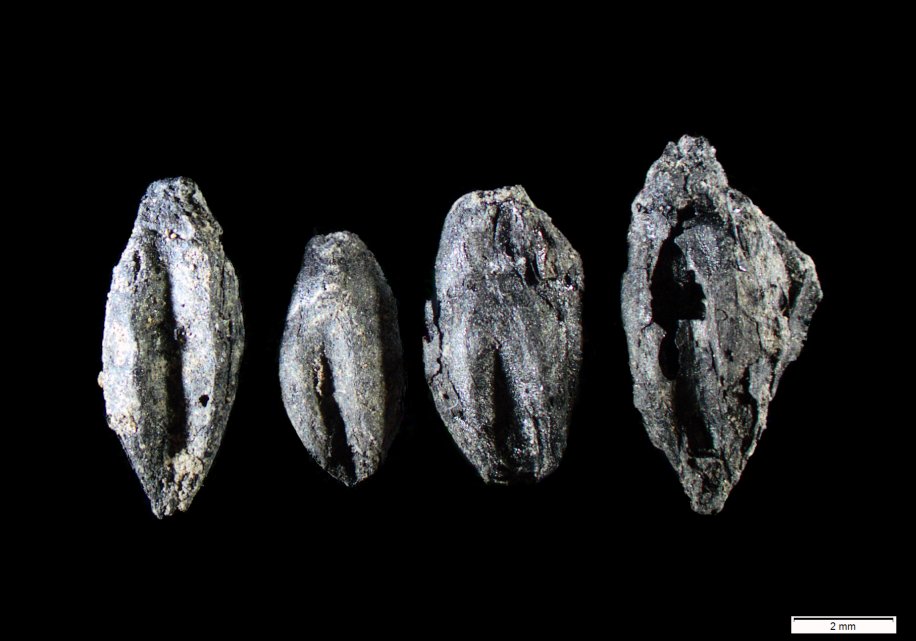
LUND, SWEDEN—Archaeobotanist Mikael Larsson of Lund University and a team of researchers have found evidence of large-scale beer production at Uppåkra, an Iron-Age trade center in what is now Sweden, according to a New Historian report. Carbonized, germinated grains, dated to between A.D. 400 and 600, were found near several ovens in an area without living quarters, suggesting the people of the settlement reserved the space for the large-scale production of malt. The grains would have been soaked in water so that they would germinate and produce fermentable sugars, then dried at low temperatures in the ovens. Larsson says processing grains into malt in this way is indicative of beer brewing. The beer produced at Uppåkra may have been used for feasting and trade. For more on evidence of alcoholic beverages in the archaeological record, go to “A Prehistoric Cocktail Party.”


